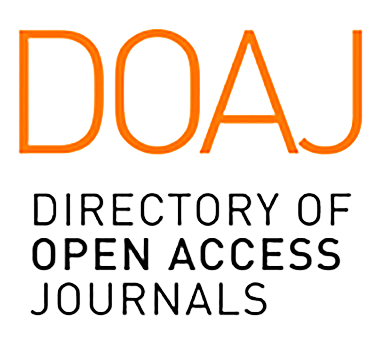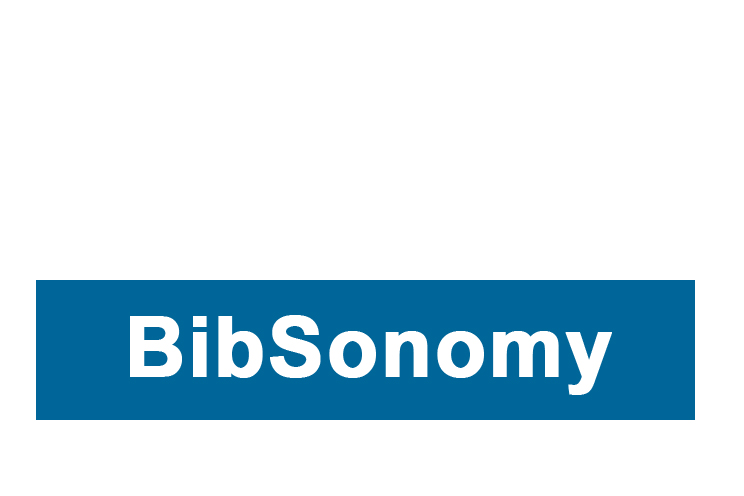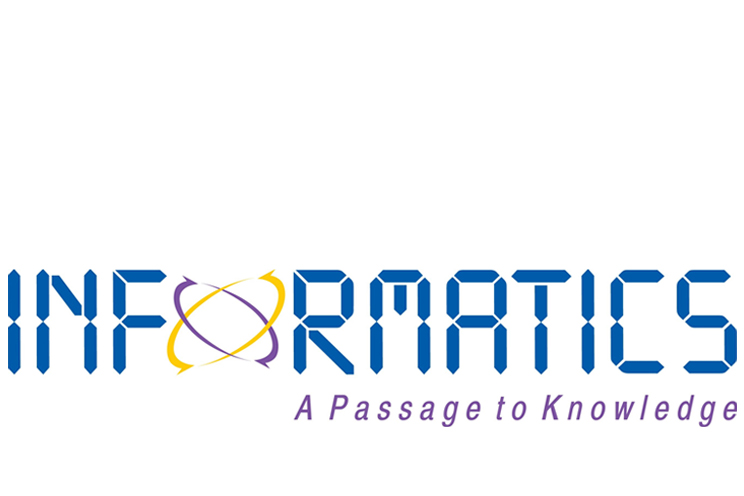Public Article
-
verified
Mexico in the Brazilian foreign policy from 2000 to 2012: between shared power and competition
ISSN: 2178 - 8839
Publisher: author
Mexico in the Brazilian foreign policy from 2000 to 2012: between shared power and competition
Indexed in
Social Sciences
ARTICLE-FACTOR
1.3
Article Basics Score: 3
Article Transparency Score: 3
Article Operation Score: 2
Article Articles Score: 2
Article Accessibility Score: 3
SUBMIT PAPER ASK QUESTION
International Category Code (ICC):

ICC-0202
Publisher: Conjuntura Austral: Journal Of The Global South Internatio..
International Journal Address (IAA):

IAA.ZONE/217847828839
eISSN
:
2178 - 8839
VALID
ISSN Validator
Abstract
During the governments of Cardoso II, Lula and Dilma, Brazil's foreign policy focused on building a regional integration that favored South America to the detriment of an integration of all Latin America. In an effort to institutionalize the regional project, Brazil organized in 2000 the First South American Summit, which evolved in the following years, also under its commitment, for the birth and operationalization of UNASUR. One of the clear implications of this project was the marginalization of Mexico in relation to South America. The article seeks to show how Brazilian foreign policy has dealt with this Latin American country from 2000 to 2012, a year that saw the launch of the Pacific Alliance oppose that marginalization by putting Mexico in an alliance with other South American countries. At the bilateral level, there was a diplomatic discourse that emphasized the division of Latin America into two parts and, at the multilatera...
























































